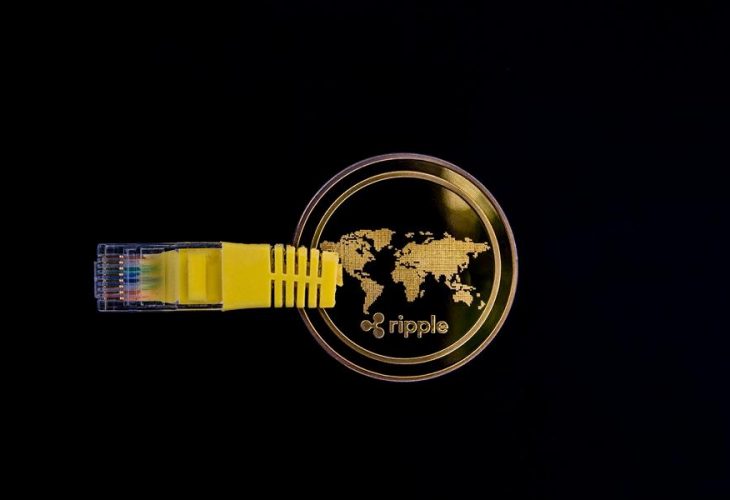New partnerships for Ripple: ‘Serve the unbanked worldwide’
The Ripple Network already has over a hundred members and is growing and thriving. This week, other industry heavyweights have announced they will use Ripple’s blockchain technology to help people who don’t have access to financial services.
The deputy director and head of technology at the Bill and Melinda Gates Foundation, Miller Abel, told his fan base via Twitter that the foundation will cooperate with both Ripple and Coil.
The aim of the cooperation is to explore ways to enable people in regions that are largely cut off from banks to access financial services. The adaptation of new technologies such as Mojaloop is the main focus here.
We are partnering w/ @ripple and @coil to implement the #Interledger Protocol & explore ways #Mojaloop can support pro-poor payment systems. #githubuniverse
– Miller Abel (@MillerAbel_) October 17, 2018
Mojaloop is open source software designed specifically for financial institutions to give people a way to send digital payments. It is completely irrelevant which banking service is used.
The use of Ripple’s native crypto currency XRP as well as the monetization capabilities of Coil’s web integration application should create opportunities for money to be shipped quickly and easily at low cost to all parts of the world.
The Nexo and Omni platforms have also announced interoperability for XRP. Nexo will accept XRP as security while Omni will allow you to use XRP to pay for rented items.
The Gates Foundation and Ripple have similar goals:
The most important prerequisite for the development of new payment systems paid for the poor is interoperability – the ability of customers to do business with any other customer, whether or not they use the same service provider. This type of open-loop system significantly reduces the cost and complexity of digital financial services and payment platforms. The opening of the payment infrastructure to new types of enterprises outside traditional banking organisations may accelerate the development of these systems.
These efforts are by no means an isolated case, as the popular Binance crypto exchange in some countries is also building an infrastructure to help people in poor regions.
Binance, for example, has started to create new jobs in Uganda to help local people and provide access to financial services. We are curious how fast the projects in this area will progress.
Ripple’s price does not react to this news and has fallen by 3.76 percent in the last 24 hours to a price of 0.39 euros.










